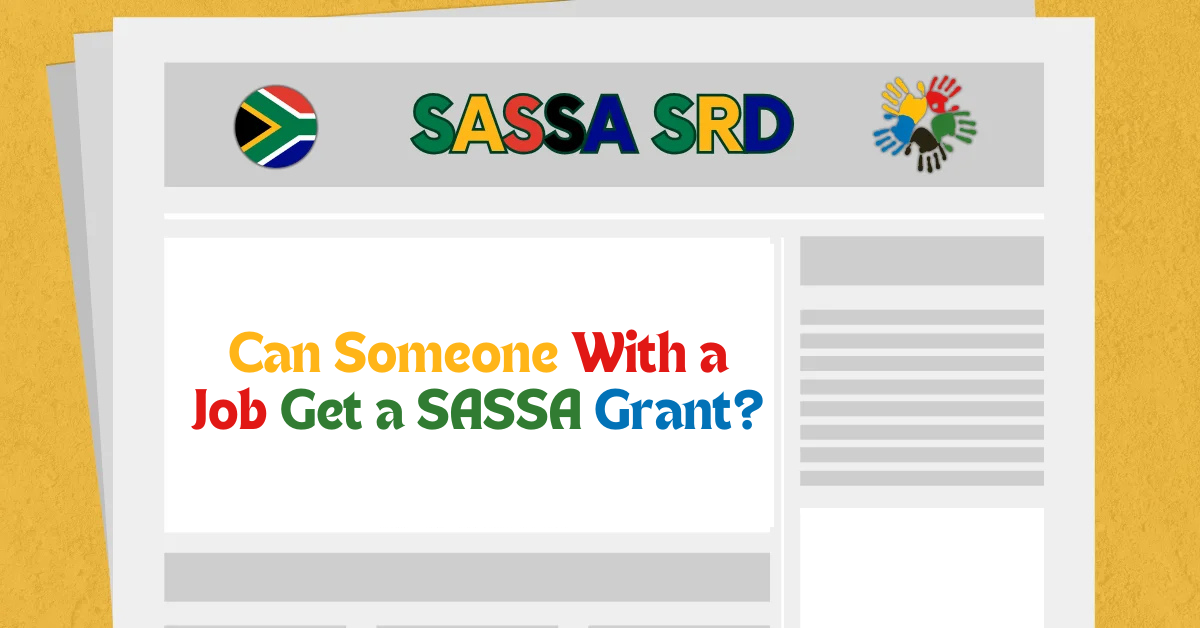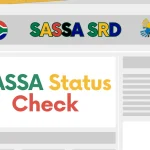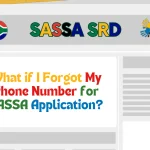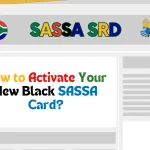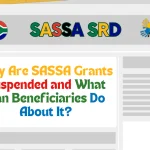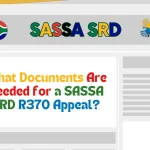The short answer is: yes, but it depends on your financial situation. Even if you have a job, you may still qualify for a SASSA grant if your income is too low to cover basic living expenses. The South African Social Security Agency (SASSA) considers multiple factors before approving or rejecting applications.
In this guide, I’ll explain the eligibility criteria, key factors affecting approval, and the steps to apply for a grant while employed. By the end, you’ll know exactly where you stand and what to do next.
Can Someone With a Job Get a SASSA Grant? (Quick Answer)
Yes, someone with a job can get a SASSA grant, but it depends on their financial situation. If their salary is too low to cover essential expenses, they may qualify. SASSA considers income level, household size, dependents, and assets before approval. If the applicant proves financial hardship with valid documents, they have a chance of receiving assistance. High earners and asset owners are usually ineligible.
Eligibility for SASSA Grants While Employed
SASSA provides social grants to assist financially struggling individuals, including older persons, disabled individuals, and children in need. However, if you are employed, your eligibility depends on:
- Income Level – If your monthly salary is too high, you will not qualify. However, if your earnings are below a certain threshold, you may be eligible.
- Household Size & Dependents – A large family with many dependents increases your chances of approval, especially if your salary is insufficient to support them.
- Existing Assets – If you own valuable assets (like property or vehicles), SASSA may assume you have financial stability and reject your application.
- Medical & Disability Status – If a family member is disabled or medically unfit to work, this may strengthen your case.
- Spouse’s Income – If you’re married, SASSA considers your combined household income when assessing eligibility.
Factors That Affect SASSA Grant Approval for Employed Individuals
If you have a job, your grant application may be approved or rejected based on these conditions:
- High Monthly Salary: If your earnings exceed the means test limit, you will likely be rejected.
- Low Salary & Large Family: If you earn below the threshold and have multiple dependents, you may qualify.
- Low Salary but Valuable Assets: If you earn a small salary but own assets like a house or land, you may not qualify.
- Struggling with Expenses Despite Income: If your expenses are too high relative to your salary due to dependents, you may be eligible.
- Other Family Members Can Work: If your household has other able-bodied adults, SASSA may expect them to contribute financially.
How to Apply for a SASSA Grant While Employed?
If you are employed but struggling financially, follow these steps to apply:
- Determine the Grant Type
- Identify whether you qualify for a child support grant, disability grant, or old age pension.
- Gather Required Documents
- South African ID (Original & Copies)
- Proof of Income (Salary Slips for the Last 3-6 Months)
- Bank Statements (Last 3-6 Months)
- Proof of Residence
- Medical Reports (If Applying for a Disability Grant)
- Marriage Certificate (If Married)
- Visit the Nearest SASSA Office
- Go to your local SASSA office and request a grant application form.
- Submit Your Application
- Fill out the application form correctly and attach the required documents.
- SASSA may interview you to verify your financial status.
- Await Approval or Rejection
- SASSA will assess your application and inform you of the decision.
- If rejected, you can appeal the decision if you believe you qualify.
Checking Your SASSA Grant Status
After applying, you can check your SASSA status online using the SASSA status check portal. This allows you to track your application progress and see if you’ve been approved.
Canceling Your SASSA Grant
If your financial situation improves and you no longer need social assistance, you can cancel your SASSA grant. This helps free up funds for others in need.
FAQs About SASSA Grants for Employed Individuals
1. Can I get a SASSA grant if I have a job?
Yes, but only if your income is low enough to meet the eligibility requirements set by SASSA. Your household size, financial obligations, and other factors will also be considered.
2. What documents do I need to apply for a SASSA grant while employed?
You will need your South African ID, proof of income (salary slips and bank statements for the last 3-6 months), proof of residence, and any additional documents depending on the grant type.
3. What if my SASSA grant application is rejected?
If your application is rejected, you can appeal the decision by providing additional proof of financial hardship and requesting a reconsideration from SASSA.
4. How can I check the status of my SASSA grant application?
You can check your grant status online using the SASSA status check portal or visit a local SASSA office for assistance.
5. Can I cancel my SASSA grant if my financial situation improves?
Yes, if you no longer need the grant, you can voluntarily cancel it by informing SASSA, ensuring that funds go to those in greater need.
Final Thoughts
Even if you have a job, you may still be eligible for a SASSA grant if your salary is too low to cover basic expenses. The key to approval is providing clear financial proof and ensuring that your income falls within the acceptable limits. Organize your documents properly, apply through the correct channels, and always check your application status. If your situation changes, you can always reapply or appeal a rejection. Understanding these rules will help you navigate the process successfully.
